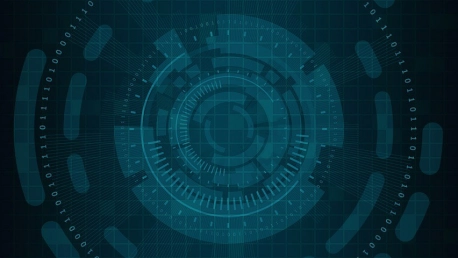The preservation of public records has always been an important matter for any government. Records are created for a variety of activities such as vehicle registration, professional licensing, procurement contract transactions, general correspondence, and others. The usual ways in which records are kept involve handwritten or typewritten documents, audio-video recordings and digital documents.
The record-keeping staff used to handle a large variety of paper-based information, method that’s rapidly becoming history due to obvious disadvantages: fragility and high workload. The digital age has obviously increased the popularity of digitalized public records. Easier and, in some regards, safer to maintain, information stored in digital public records has its own risks.When you have greater variety of electronic materials that must be protected from alteration, damage and technical obsolescence, information managing can be difficult for numerous reasons. Let’s explore the top challenges for digital public record-keeping.
1. Digital deterioration
We managed to fix the physical deterioration, but now we are faced with a new kind of possible data loss. Because of rapidly-changing technologies, digital information is constantly vulnerable. Formats and devices change quickly, and types of files that just a few years ago were used on a daily basis, have now become extinct. Think about this: how often do you use now videotapes, floppy disks or even CDs? The only secure thing in technology today, is that it will probably keep changing. That’s why you should always be prepared to adapt fast. This is a serious problem for anything that involves large amounts of data due to the time and costs that will have to be invested in each significant change.
2. Security
With great digitalization, come greater security risks. Not a day goes by without a new headline about some high profile cyber-attack. More accessible data means higher vulnerability. Ideally, official information should be housed in a central file repository, on a networked file server, or on a centrally located computer in a non-networked agency, that is secured and backed up on a regular basis. You could argue that it’s nearly impossible to penetrate certain levels of security, but somehow hackers always find a way.
3. Technology fail
There are possible scenarios in which technology could fail (server crash, catastrophe, etc.). What would we do in these extreme scenarios, when we can’t access any digital information? There are governments that are already working on backups for such problems. Storing copies of foundational documents located far away from the place where the original records is a smart move. It might seem extreme but consider this: should disaster strike in one place, there’s a copy of the important information stored safely elsewhere.If we want to avoid the Dark Ages 2.0, now is the time to start working on backup solutions. If the digital revolution teaches us anything, is that learning and adapting should never stop.
Sources:Challenges in Managing Records in the 21st CenturyThe long view: the future of storing and sharing recordsPreserving records








